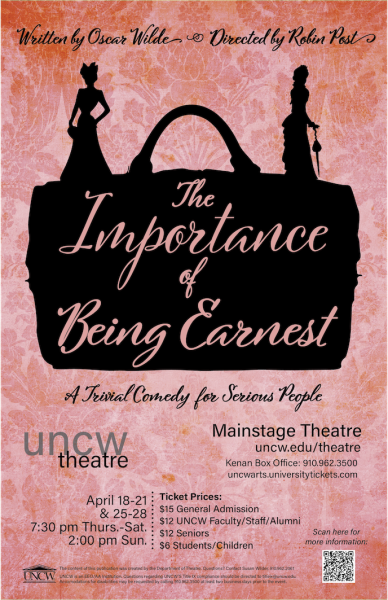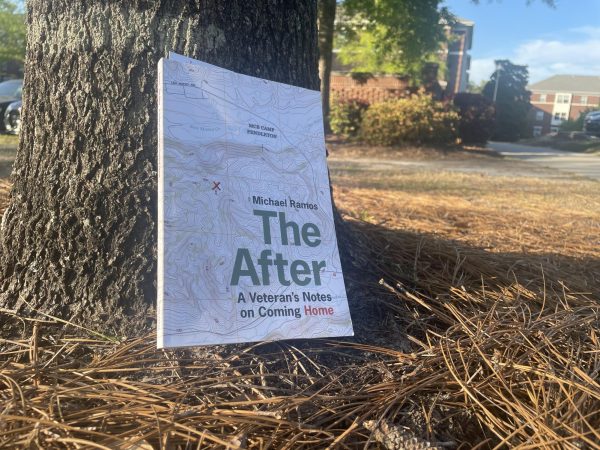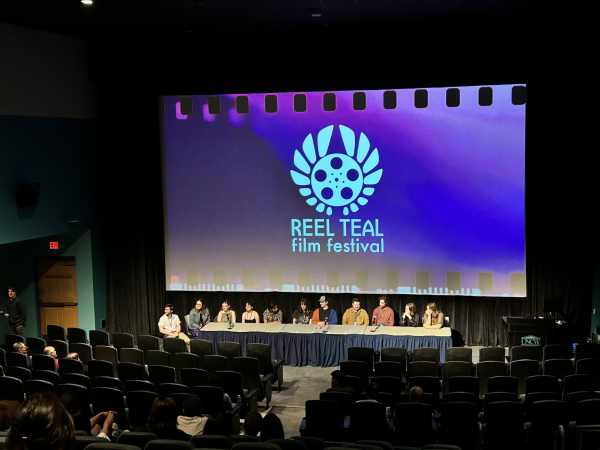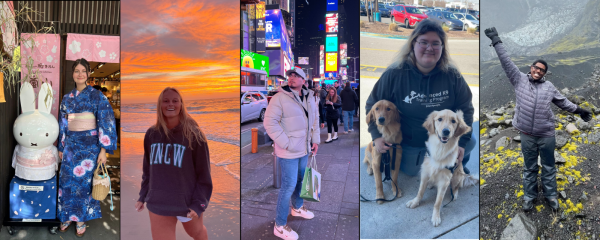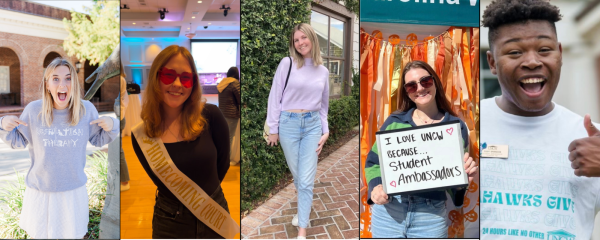Social media takeover- student media panel weighs in on privacy issues
October 12, 2011
Privacy. It’s a coveted word. Everyone thinks they deserve a little privacy, a little respect for their personal space. Yet with social media around, privacy may not really exist—at least not on the internet.
UNCW Student Media, an organization that oversees all student media outlets on campus like Flickr and Teal TV, discussed the controversial topic of the existence of privacy on social media sites on campus. The discussion was held Oct. 6 in Hawks Nest from 12:30-1:30 p.m., and gave students on their lunch break who utilize social media a chance to listen in on the conversation. It is the first discussion in a two-part event. The second panel will discuss social media use in the political race Oct. 27 during the same time and in the same location.
The panelists included Dr. Jeanne Persuit, assistant professor in the Communication Studies department, John Scherer, a staff member in the Office of General Council of UNCW and a former litigator, and Sasha Johnson, a senior at UNCW and news editor of The Seahawk. Max Lit, a senior Communication Studies major, was the master of ceremonies for the event.
Sally Shupe, a senior and the public relations and event coordinator for Student Media, helped organize the panel. Shupe said that they wanted to talk about something that affected everybody.
With more than 800 million users on Facebook as of July 2011 worldwide, this is a topic that does affect everyone. How to use social media and maintain privacy is up for debate. When the world is watching, posting a status update or new pictures is something that should be done with caution.
“People might not be conscious of it, but you’re advertising and branding yourself,” said junior Hunter Wilson about posting on Facebook and Twitter. “There’s actually a book that is about determining people’s personalities based on their Facebook profile.”
Wilson took part in the live tweeting at the event that was being shown on screen as the presentation was going on using the hashtag #MEdiaToday. One of his tweets read, “Twitter is like everyone has megaphones.” Everyone has that ability to use that megaphone for whatever they want, which according to Dr. Persuit, can lead to a sense of entitlement on the part of the users.
“I use (Twitter and Facebook) for free,” said Dr. Persuit. “I’m not going to complain unless I’m paying hundreds of dollars.”
“You’re entitled to nothing,” said Wilson.
With a false sense of security on a social media website, choosing what to post can range from the absolute mundane to the outrageous.
“No one cares if you eat a bagel after you go to the gym,” said Lit during the presentation.
Yet when the posts get vulgar or dangerous, how to react becomes unclear.
“Students forget they are venting in a place where it doesn’t go away,” said Dr. Persuit.
Dr. Persuit allows her students to follow her on Twitter. She said that she does feel a little responsible as a Communications Studies professor when she sees one of her students tweeting about something that is questionable.
“The impulse to spew every opinion is what’s dangerous about social media,” Persuit said.
The panel, however, did point out that the benefits of social media outweigh the negatives. Whether there are positive or negative effects is up to the user.
“The only privacy tip is don’t put it on the internet. Don’t do anything in public or put it on the internet if you don’t want it to go in the paper the next day,” said Wilson.
More employers are using social media sites, and as digital natives, as Dr. Persuit calls this generation, students are expected to know how to use them.
“If people use (social media) wisely it can be productive,” said Shupe.














